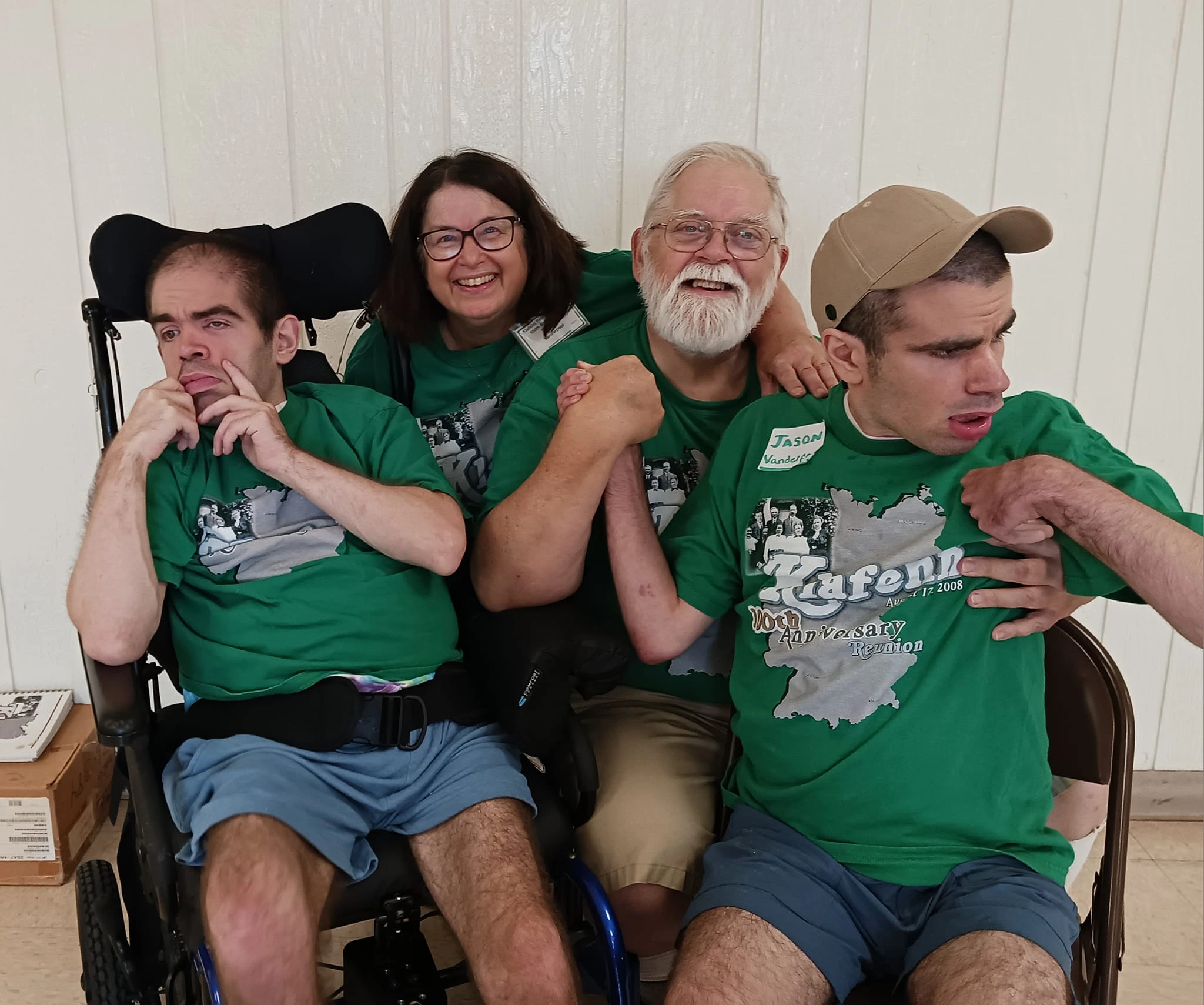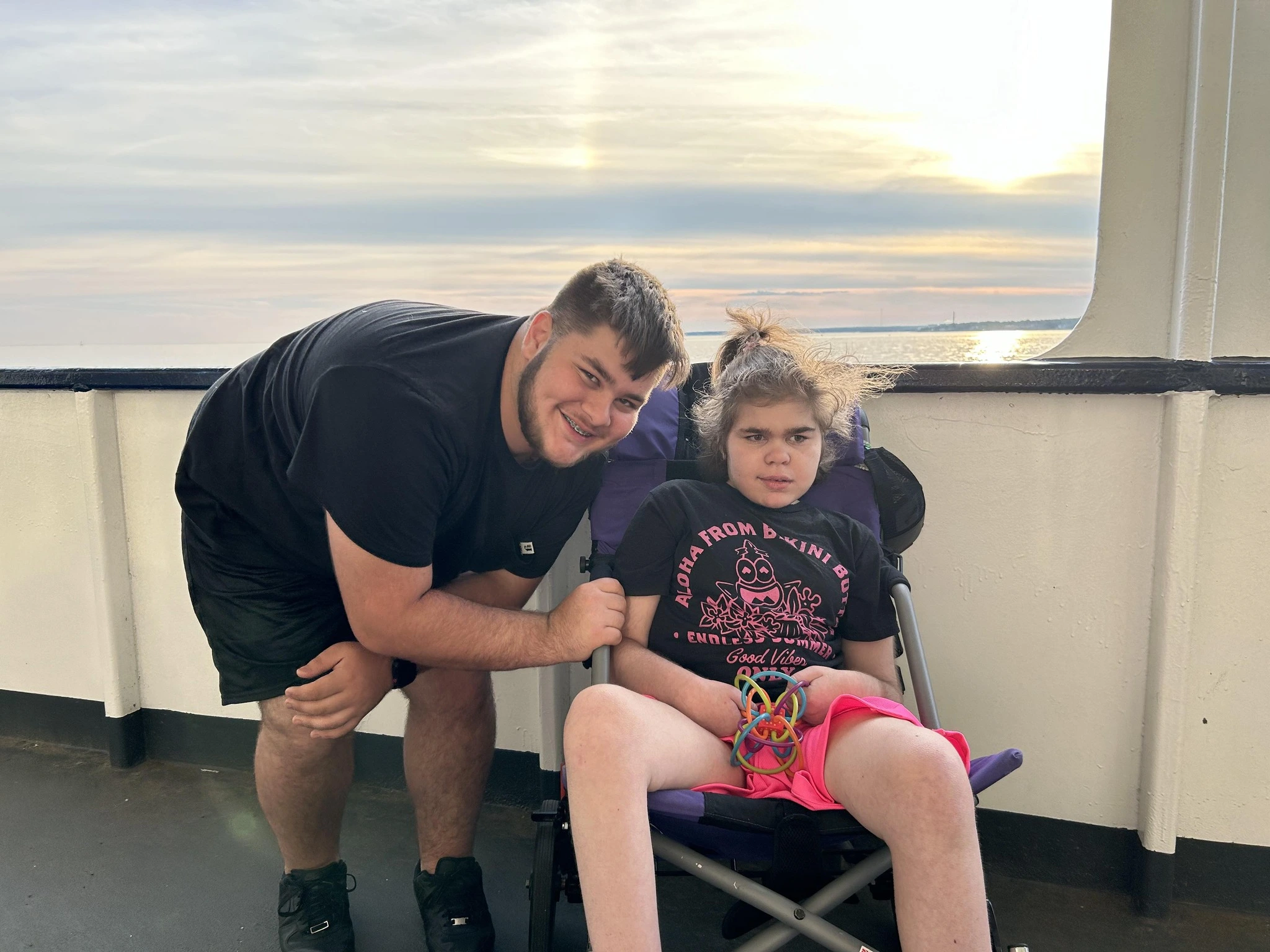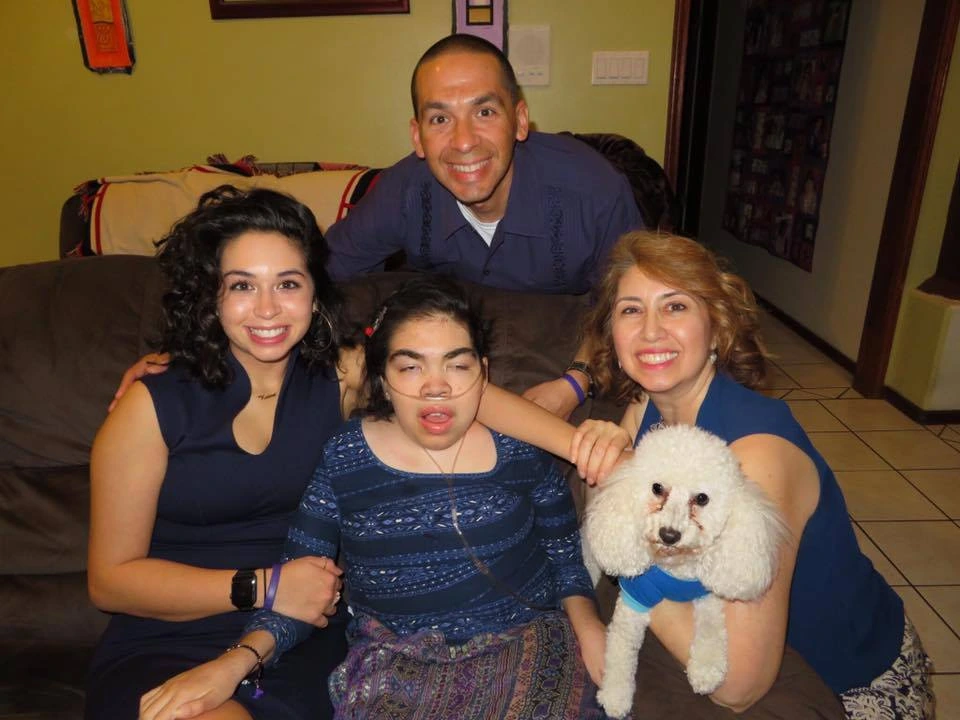Sanfilippo Prognosis
Early Childhood: Subtle Signs Emerge
In the initial years, children may appear to develop typically. However, early indicators such as frequent ear infections, delayed speech, or behavioral challenges like hyperactivity and sleep disturbances may become noticeable. These signs often lead to evaluations and, eventually, a diagnosis.
Middle Childhood: Developmental Regression
As the disease advances, children may begin to lose previously acquired skills. Language abilities may diminish, and cognitive functions can decline. Physical symptoms such as mobility issues and coordination difficulties may also arise. Behavioral changes like increased restlessness or aggression are also common during this stage.
Adolescence and Beyond: Increased Care Needs
In later stages, children often require comprehensive care. Mobility may become severely limited, and feeding difficulties can necessitate nutritional support. Seizures and other neurological complications may occur. Despite these challenges, many families find ways to maintain quality of life through supportive therapies and interventions.





Life Expectancy
Life expectancy varies based on the subtype of Sanfilippo Syndrome and individual factors:
- Type A: Average lifespan ranges from 11 to 19 years.
- Type B: Individuals may live between 12 to 16 years.
- Type C: The average lifespan is between the ages of 14 to early 30s, since this type is slow progressing but still terminal. Children may be diagnosed late, as the symptoms seen in severe cases have not occurred yet.
- Type D: Due to its rarity, comprehensive data on life expectancy is limited.
Note
These figures are only averages. Some children may live longer, especially with advancements in supportive care and emerging therapies.
Currently, no disease-modifying cure has been developed for Sanfilippo syndrome. However, parents can seek some treatments to alleviate the symptoms. There are applicable care options for easing the disease progression and managing symptoms.
Hope Through Research and Support
While Sanfilippo Syndrome presents significant challenges, ongoing research offers hope, especially for kids suffering from the symptoms. Clinical trials exploring gene therapy and other innovative treatments are underway. They are aimed at altering the trajectory of the disease. Families are encouraged to stay informed about these developments and consider participation in research initiatives when appropriate.
At Team Sanfilippo Foundation, we are committed to supporting patients and families through every stage of this journey. We advocate for research and strive to find a cure that can finally heal this condition that has already affected many children.

